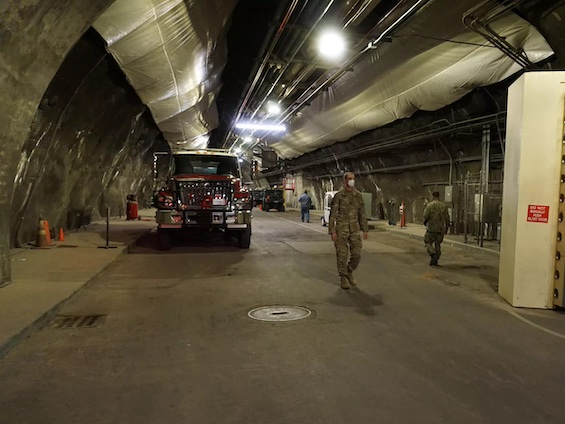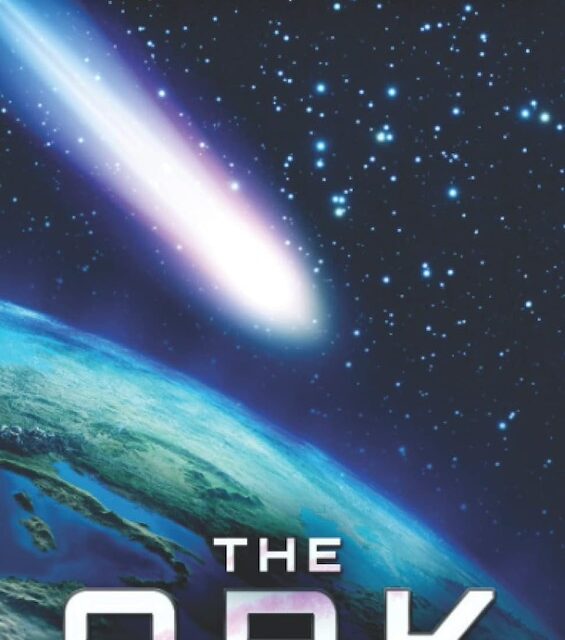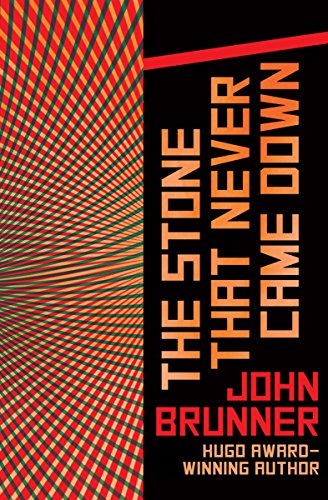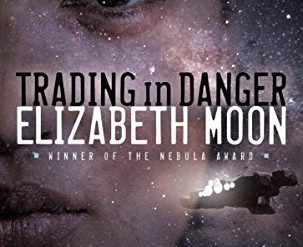
Estimated reading time: 5 minutes
When we read a science fiction novel, we’re entitled to expect three things. A story that’s at least minimally plausible. Suspense about how the action will unfold. And a style of writing that clearly conveys what happens in language that communicates without raising questions about its meaning. Unfortunately, in The Ark, Christopher Coates’s novel about surviving an extinction event, we get none of those things. Like a lot of Independent (i.e., self-published) work, the book cries out for a proofreader. But The Ark simply doesn’t cut it at all.
A story that’s implausible from the outset
First, the story itself. Consider this a spoiler, if you will. Astronomers detect a comet on a trajectory to pass closely by the Earth several years later. But this is a rare comet: its tail is highly radioactive, so even when it passes nearby, it will extinguish all life on Earth. So, from the outset, the story is unlikely at best. But it gets much worse. Because, somehow, only American astronomers detect the comet’s trajectory. And only the US government sets in motion a plan for a large number of people to survive the extinction event. But there’s worse.
The Pentagon and the White House implausibly convince Congress to appropriate hundreds of billions of dollars to build underground shelters in secret. Somehow, five hundred thirty-five compulsive talkers keep the secret themselves, as do their thousands of staff members. And one shelter in particular (presumably “the Ark”) is to hold ten thousand people. And the whole program stays secret for years despite the involvement of hundreds of thousands of people in construction and provisioning. This, in the age of social media, Wikileaks, investigative journalism, and aggressive foreign hackers.
The Ark by Christopher Coates (2018) 290 pages ★★☆☆☆

Now, about the writing
To say that the writing in The Ark is flat and undistinguished and needs proofreading is undeservedly generous. Because Christopher Coates doesn’t seem capable of crafting consistently clear and grammatical sentences. The punctuation is frequently misplaced (with commas inserted in the middle of phrases, which is often confusing). And the novel is full of bonehead spelling errors that any minimally competent copyeditor (or writer, for that matter) would catch in a flash. And, unsurprisingly given all this, the characters are at best two-dimensional (but mostly one).
A few examples of the author’s syntax and word use should suffice. For instance, take the following construction: “Using RJ’s arm for support, the two women walked . . .”. If you’re wondering who’s supporting whom, you’re not alone. It’s absolutely unclear in context. Also, there are homophones galore (words that sound alike but are spelled differently. “Populous” instead of “populace,” for example. Simple misspellings abound, too (“in route” instead of “en route” and “predominately” instead of “predominantly”). Coates mentions an “intense interview” when he means “intensive interview.”
Now, don’t get me wrong. I’m no slave to the rules of grammar. I often start sentences with conjunctions (“And,” “But”) and end them with prepositions (“to,” “for”). For grammar purists, these are no-nos. But they make prose easier to read and understand—and thus clearer. And, for me, writing must be, above all, clear.
Still, if all this strikes you as nitpicking, you re right. I confess. I pick nits. In fact, that’s what editors do. Or, at least, that’s what copyeditors do. There’s a higher form of the craft called “developmental editing,” which deals with such larger matters as structure, plotting, pacing, and character development. Of course, The Ark could have benefited from a developmental editor as well, as the following paragraph will show.
A lesson in how to kill suspense
In a prologue, Coates makes it clear that everything’s going to turn out all right in the end. We don’t understand that at first, but it becomes unmistakable once the survivalist project gets underway a few pages later. Because, if that comet is going to extinguish all life on Earth, then obviously some Americans have survived since they’re walking and talking in the opening pages. But why would the author insist on telegraphing the ending?
About the author

Christopher Coates is not a professional author, as you can tell from this review. However, he seems to have (self-) publisher nine science fiction novels. Here (in part) is what he writes about himself on Amazon: “I grew up in Cape Cod Massachusetts and moved to Michigan to attend Davenport University’s Paramedic school. I reside in Kent City, Michigan with my wife of over 30 years. We have a son and daughter, both of whom have graduated college and live out of state. I am a retired Firefighter/Paramedic who works full-time in Information Systems for a major West Michigan company.”
For related reading
You’ll find much better reading at:
- These novels won both Hugo and Nebula Awards
- The ultimate guide to the all-time best science fiction novels
- The top science fiction novels
- The top 10 dystopian novels
- 10 new science fiction authors worth reading now
And you can always find my most popular reviews, and the most recent ones, on the Home Page.


























